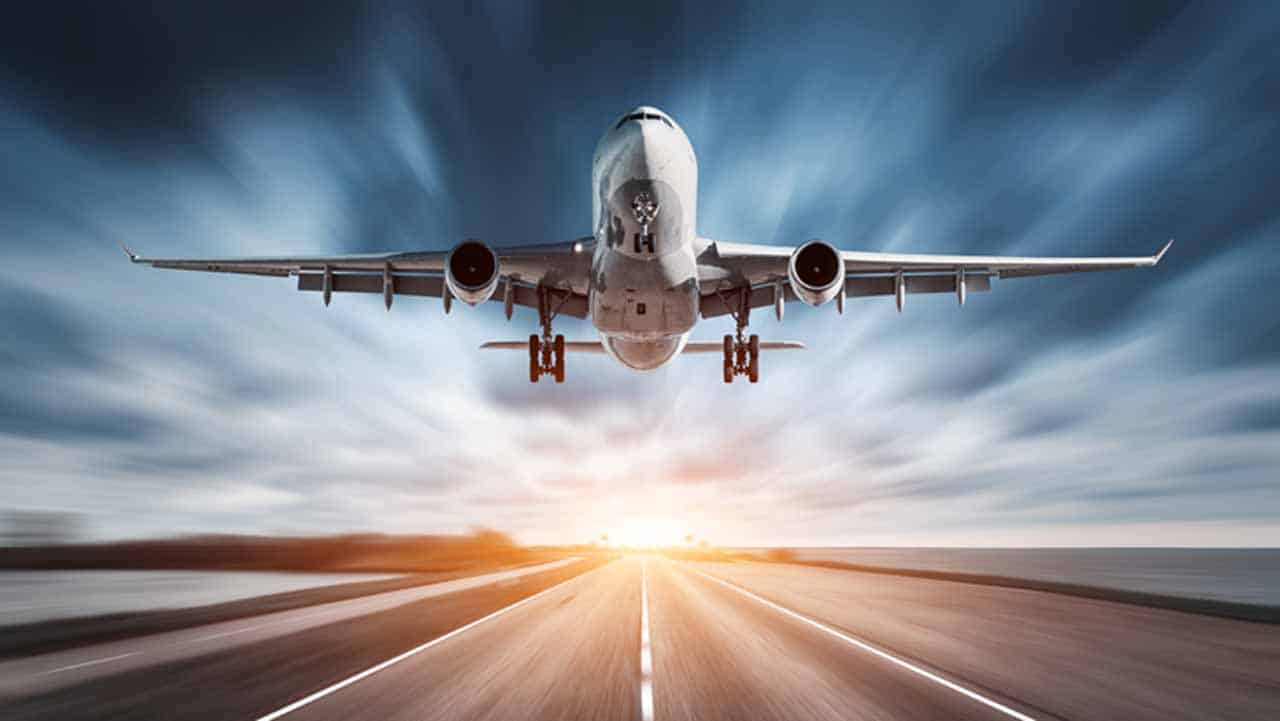The world’s airlines made a joint pledge Monday to reach “net zero” carbon emissions by 2050, as the aviation industry ramps up efforts to curb its contribution to global warming.
“For aviation, net zero is a bold, audacious commitment. But it is also a necessity,” Willie Walsh, director general of the International Air Transport Association (IATA), told top airline executives meeting in Boston.
“The important decision that we must make today will secure the freedom to fly for future generations.”
IATA represents 290 member airlines comprising 82 percent of pre-pandemic global air traffic, and its pledge follows the lead of Europe’s aviation industry which has embraced the European Union’s emissions goals.
“Many in this room — individually or in groups — have already taken this step,” Walsh told the executives.
“For others, this will be an additional challenge at a very difficult time” with the industry hard hit by global effects of the coronavirus pandemic.
But for the association’s membership as a whole, “it will be a commitment behind which we must be united and determined to deliver on time,” he added.
“It is the right thing to do. And together, it is possible.”
The new commitment comes 12 years after the IATA unveiled its first plan to reduce airline CO2 emissions by 50 percent by 2050 compared to 2005 levels.
Proof of the industry’s good faith, Walsh assured, is that airlines “invested hundreds of billions of dollars in more fuel-efficient aircraft,” with fleet fuel efficiency improving by over 20 percent in a decade.
The dramatic tightening of the mid-century targets did not require a vote, in accordance with IATA statutes, but was adopted by consensus as no member raised a firm objection that would have blocked the move.
The meeting nevertheless saw Chinese airlines stress that the 2050 objective was inconsistent with the goal adopted by the government in Beijing, which aims for carbon neutrality by the year 2060.








